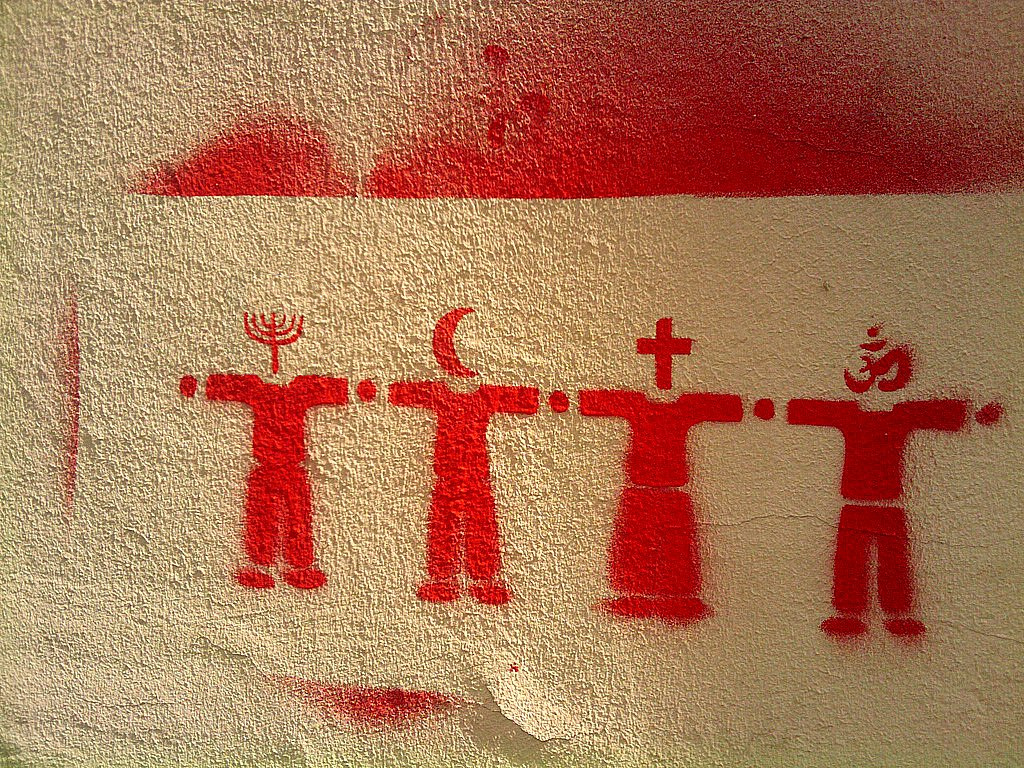
The ongoing conflict in the Central African Republic (CAR) is not a ‘religious’ war. As in other cases, it is a politically-motivated conflict between people that happen to be members of different religions. And behind this all-too-familiar, opportunistic and now uncontrolled misuse of religion stands Michel Djotoda, a key leader of the Seleca rebellion, which lasted from December 2012 through March 2013, and the CAR’s beleaguered president from 24 March 2013 until 10 January 2014.
When Djotoda initially helped organize Seleca, it was a coalition of the willing – i.e., it included three largely Muslim militias of 4,500 fighters who opposed President François Bozizé’s government. However, as the Seleca advanced on Bangui, the CAR’s capital, the force swelled up to approximately 25,000 men, the vast majority of whom were not politically motivated guerrillas. They were nothing more than an armed mob of young, impatient and violent youths who were eager to follow their political leaders’ half-century example of shameless theft.
When Michel Djotoda subsequently became president, the Seleca movement was still a predatory mob; it had no coherent chain of command. As a result, people started to protect themselves against its excesses. They started to organize around their churches, which in the vast majority of cases were the only formal communities that still existed within an otherwise failed state.
However, using churches to organise resistance against pillaging and plundering did not mean that this was an attempt to defend the Christian faith. It was, as just mentioned, a last resort option. The young Christians, who equipped themselves with rudimentary arms and used witchcraft to become ‘invulnerable’, could hardly be seen as religious crusaders. Nevertheless, they soon learned not only to defend themselves, but also to direct their anger against targets that were easier to hit than the Seleca, and the easiest and most ‘different’ among them were Muslims.
It’s here, however, that Michel Djotoda’s culpability comes into play. The belief that frontlines were forming between two parts of the population – Muslims and Christians – wasn’t just an unfortunate side effect of everyday people defending themselves against thuggish militias. On their march to Bangui, Seleca members systematically destroyed local administrative records, including birth registers, electoral lists, property and estate documentation and more. In the wake of this ‘administrative cleansing’, Djotoda then encouraged the undocumented Sudanese and Chadians who were roaming his country’s borders to settle in the CAR. It was a blatantly political move and it was designed to create a new balance of power in the CAR electorate – an electorate that Djota believed would increasingly drift toward him, help consolidate his power, and eventually carry him through future elections. The fact that the Chadians and Sudanese were Muslim only added a surface tension to the locals’ deeper grievances. As the latter saw it, their country was slipping through their fingers and there was no administrative way to prove who constituted the national electorate anymore, let alone who owned what piece of land.
Clearly, the above ruses and subterfuges were not ‘religious’. As was the case in Slobodan Milosevic’s Serbia, politico-religious identities were exploited in the CAR to generate conflict, and thereby consolidate political power. Unfortunately, the bait-and-switch tactic was (and continues to be) successful. At present, the CAR’s two dominant communities believe that political violence is synonymous with religious rivalry and even potential genocide. What they should be doing is listening to the Archbishop and the Imam of Bangui, Dieudonne Nzapalainga and Oumar Kobine Layama, who are working together to try and calm the tensions between the Christian and Muslim communities. The two communities should also draw inspiration from the young Christians who defend Muslim refugees in their churches against further violence, and therefore show that the CAR is not caught up in a clash of religious civilizations.
Olaf Bachmann holds a PhD in War Studies from King’s College London, where he is a visiting fellow and educator within the Department of War Studies’ Conflict, Security and Development Group. He is also an experienced field researcher in the Central African region who specializes in the African Peace and Security Architecture (APSA), past and current African militaries, and the evolving role conflict plays on the continent.
For more information on issues and events that shape our world please visit the ISN’s Dossiers and the ISN Blog.

